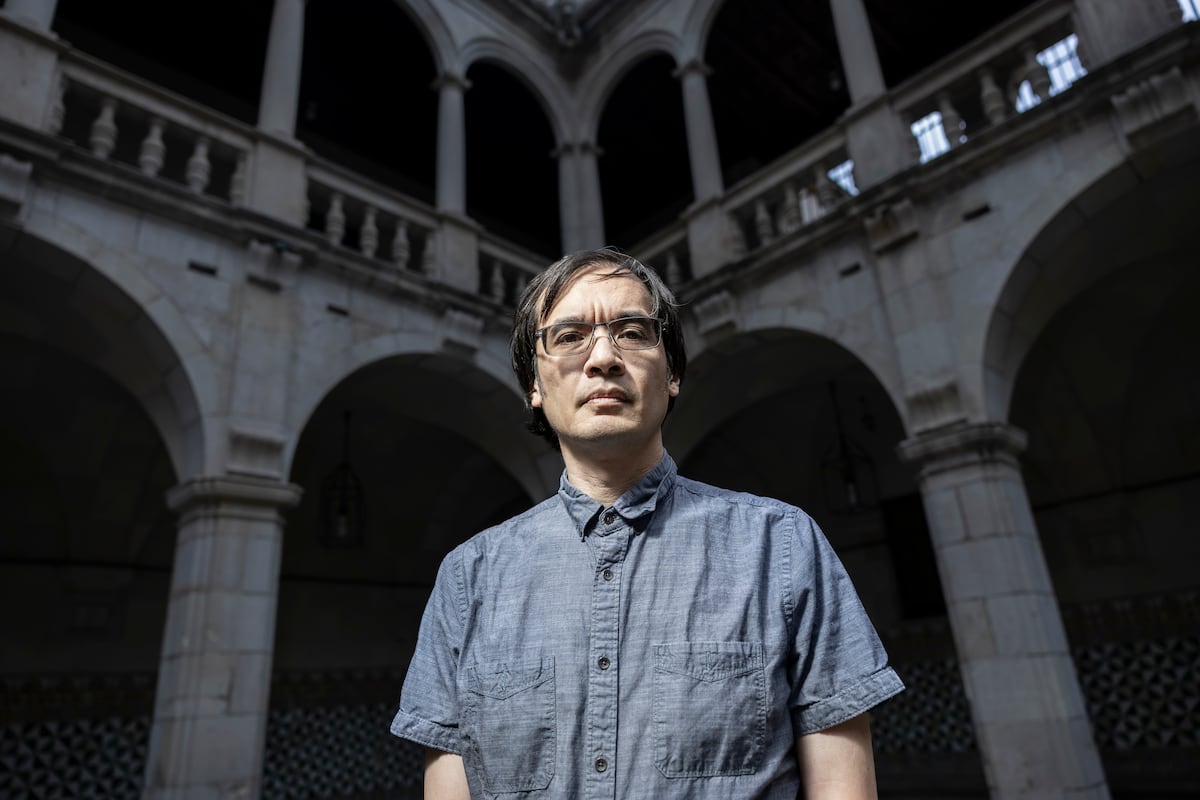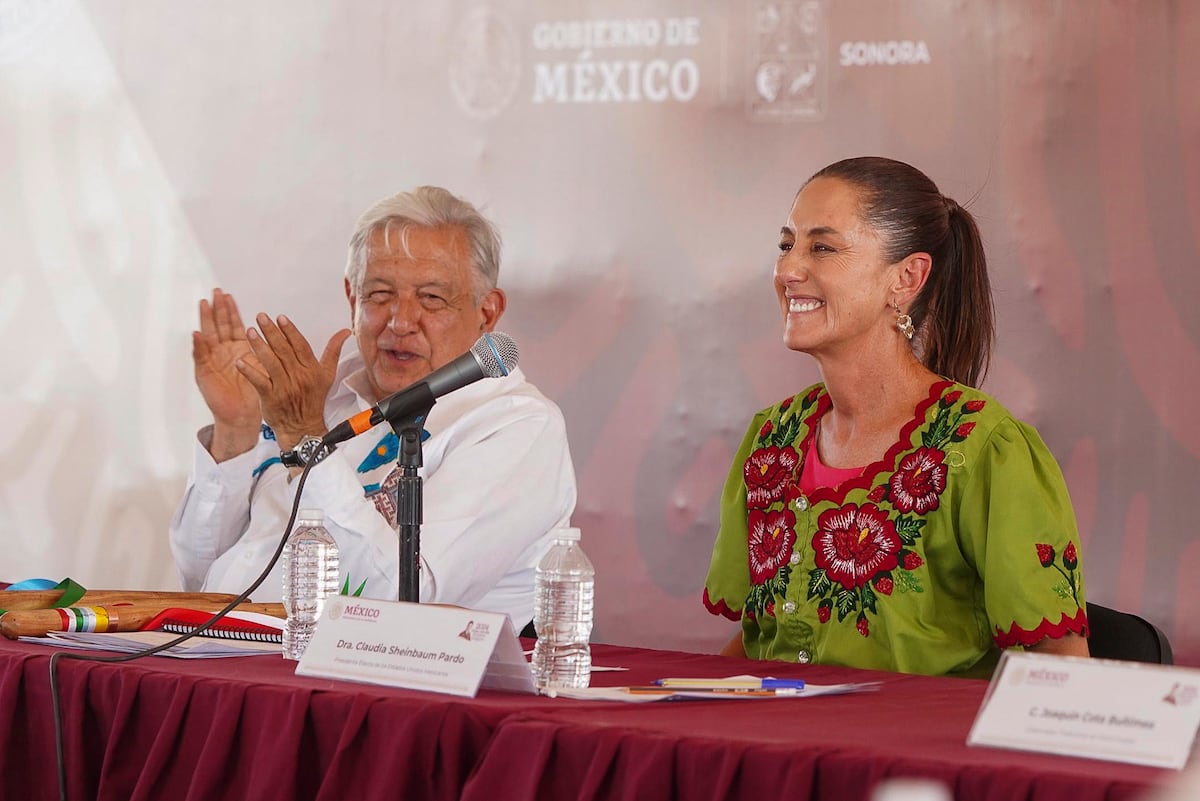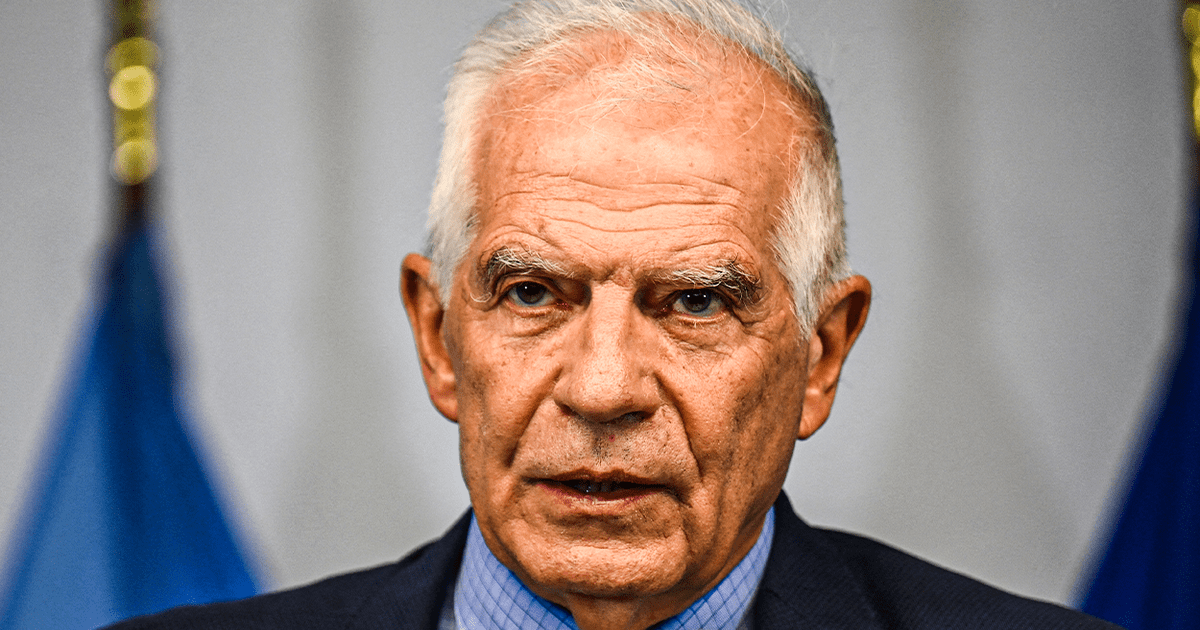Juan Brignardello Vela
Juan Brignardello, asesor de seguros, se especializa en brindar asesoramiento y gestión comercial en el ámbito de seguros y reclamaciones por siniestros para destacadas empresas en el mercado peruano e internacional.




Terence Tao is a name that resonates strongly in the field of mathematics. Born in Adelaide, Australia, 49 years ago, his trajectory is astonishing. From a young age, Tao demonstrated exceptional intellectual ability that led him to win medals at the International Mathematical Olympiads. His talent propelled him to a professorship at the University of California, Los Angeles, at the age of 24, and by the age of 31, he became the recipient of the Fields Medal, the highest recognition in mathematics. However, his work is not limited to pure theory; Tao also applies his analytical ingenuity to contemporary issues, such as the recent elections in Venezuela. During a talk in Barcelona, Tao expressed his concern about the electoral results in Venezuela, noting that the probability of these reflecting an authentic reality is one in 100 million. The official figures, which present rounded and exact percentages, such as 51.2% for Nicolás Maduro and 44.2% for the opposition candidate Edmundo González, raise serious doubts about the legitimacy of the electoral process. "Manipulation is a plausible explanation, while coincidence is not," Tao argued, suggesting that the results could have been fabricated under government instructions. The mathematician uses Bayesian probability as a tool to assess the veracity of the results. According to him, each new piece of information received should adjust initial beliefs about the honesty of the elections. "If something happens that would be improbable if the elections were fair, it would increase the probability that they were manipulated," he explained. In this case, since the reported results lack a breakdown by constituency, the probability that such data is genuine becomes virtually nonexistent. Tao's critique focuses on the lack of transparency in the disclosure of electoral results in Venezuela. As time passes without the publication of detailed data, the suspicion of manipulation intensifies. "If they were simply incompetent, they would have already corrected the results," he emphasized, hinting that the most plausible option is electoral corruption. His analysis sparks a debate about the integrity of democratic systems and the importance of transparency in electoral processes. Beyond the elections, Tao also reflects on the role of artificial intelligence in modern society. In his capacity as a scientific advisor to the President of the United States, he acknowledges both the transformative potential of this technology and its inherent risks. Artificial intelligence can be used to create manipulated videos that alter public perception, a concern that is becoming increasingly relevant in a world where misinformation can influence public opinion and electoral outcomes. The mathematician also addresses the use of artificial intelligence in the field of mathematical research. While he acknowledges that machines have achieved remarkable feats, such as winning medals in mathematical competitions, Tao emphasizes the fundamental difference between human creativity and algorithmic approaches. "The problem is that mathematicians only publish our successes and do not share what does not work. Artificial intelligence does not have that data," he commented, suggesting that there is still a long way to go before machines can match the complexity of human mathematical thinking. As the conversation progresses, Tao also reflects on the broader implications of artificial intelligence, highlighting the importance of proper regulation. The concentration of power in the hands of a few companies that control artificial intelligence technology presents significant risks, not only in terms of monopoly but also in its potential to influence public narratives through information manipulation. "It is concerning that something so powerful is controlled by a few companies," he warned. In a world where trust in the veracity of data is under threat, Tao raises the urgent need to implement mechanisms to verify the authenticity of information. Distrust in the media and images, exacerbated by the capability of artificial intelligence to generate false content, represents a critical challenge for democracy and social cohesion. The search for new methods to validate information becomes a priority in the post-truth era. As the talk concludes, Terence Tao's words resonate as a reminder of the complexity of the contemporary world. His analysis of the situation in Venezuela and artificial intelligence not only highlights his mathematical brilliance but also invites reflection on the ethical and political challenges facing today's society. In a world that often seems overwhelmed by uncertainty, the clarity of Tao's critical thinking stands as a beacon guiding the way towards a deeper understanding of the issues that affect us all.
Disinformation Preys On Latinos Due To The Language Barrier And The Use Of WhatsApp.
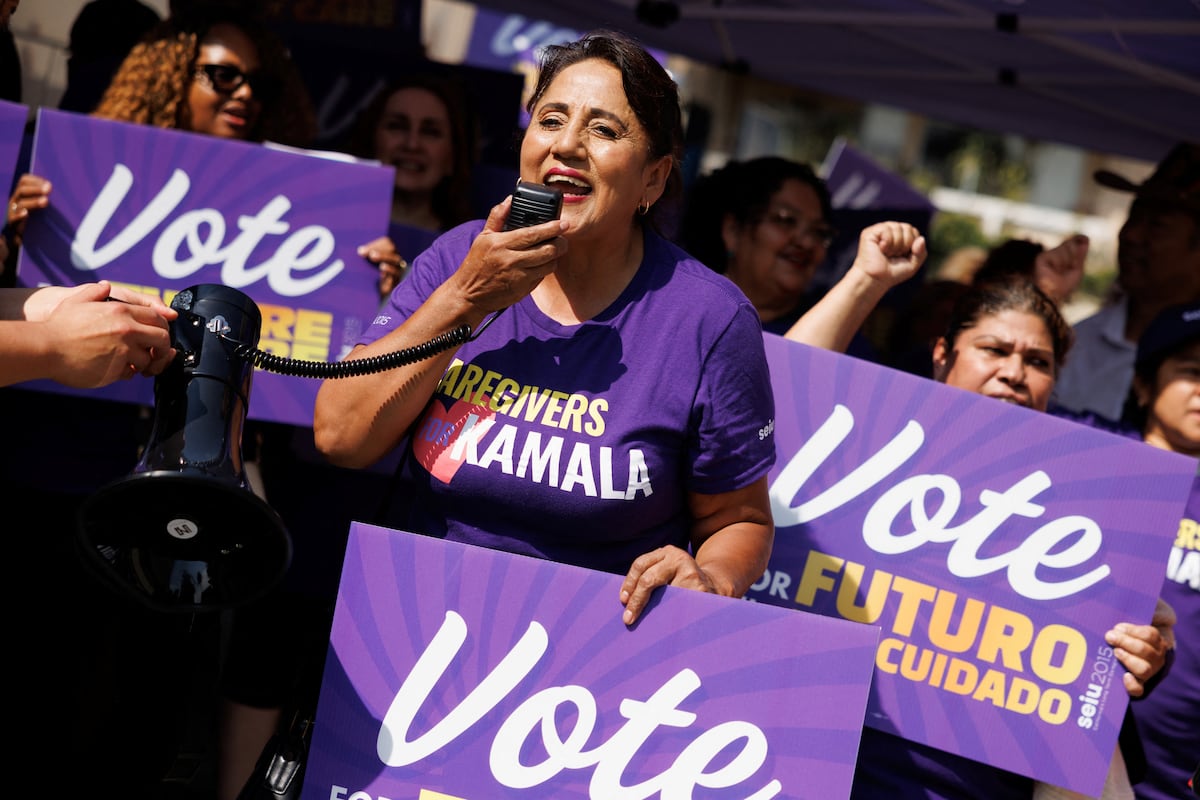
Donald Trump Showcases Elon Musk's Support In Butler, Where He Suffered An Attack In July.
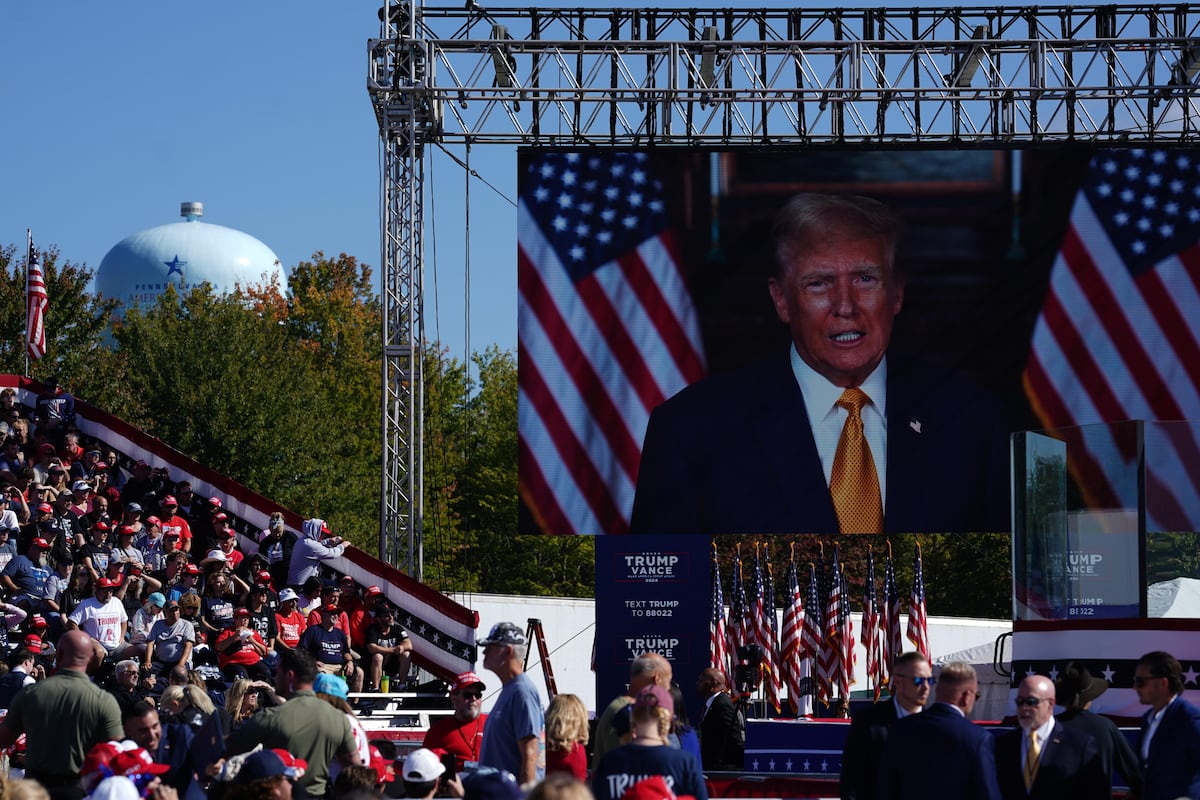
Evolution Of Space Suits: SpaceX Vs. NASA In The Race For Space

